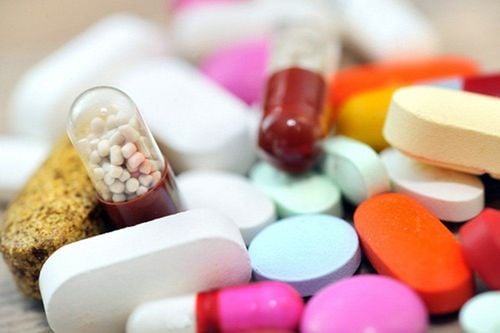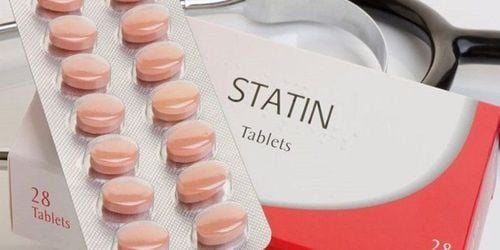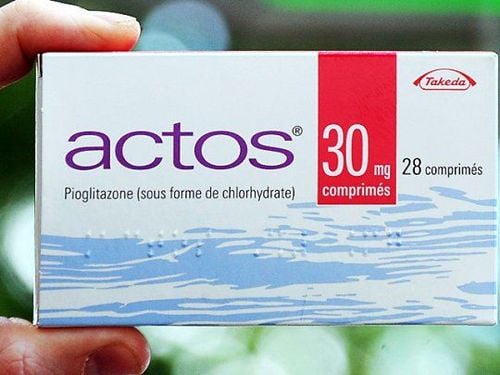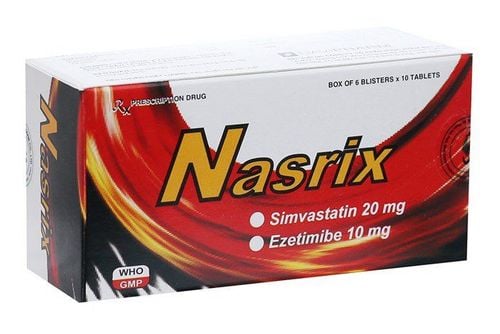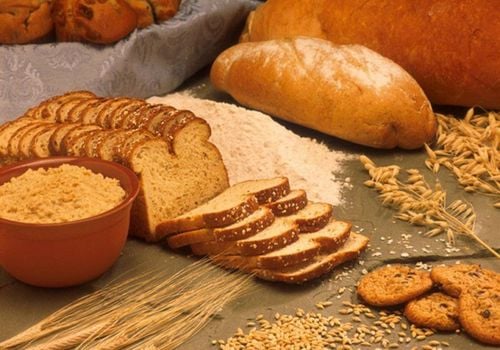This is an automatically translated article.
The article is professionally consulted by Master, Doctor Vu Thi Duyen - Doctor of Nephrology - Endocrinology - Department of Medical Examination & Internal Medicine - Vinmec Hai Phong International General Hospital. The doctor has more than 11 years of experience in medical examination and treatment of general internal medicine, especially has strengths in examination and treatment specialized in nephrology - Endocrinology.Pre-diabetes means that blood sugar levels in the body are higher than normal but not high enough to become type 2 diabetes. If we make timely changes without changing our lifestyle (adjusting diet) lifestyle and daily exercise), people quickly turn into type 2 diabetes really very quickly.
1. Pre-diabetes symptoms
Pre-diabetes has almost no symptoms at all or is present but is difficult to detect as dark patches of skin on certain areas of the body such as the neck, armpits, elbows, knees and knuckles called prickly heat. black.The classic signs and symptoms that become apparent and noticeable when you have truly gone from pre-diabetes to type 2 diabetes include:
Increased thirst Frequent urination Fatigue Blurred vision.
2. High risk factors for pre-diabetes
45 years of age or older Have a waist circumference greater than 102 cm for men and 89 cm for women A diet high in red and processed meat, drinking sugary drinks, and not eating a lot of fruits, vegetables, nuts, whole grains or olive oil Are African-American, Native American, Latino, or Pacific Islander Overweight or obese, especially if you have a lot of belly fat Have high cholesterol, fat high neutral, low HDL cholesterol and high LDL cholesterol Little or no exercise Have a history of gestational diabetes or have a baby weighing more than 4 kg Have polycystic ovary syndrome Have a sleep disorder such as sleep apnea or shift work or night shifts Patients should have regular prediabetes checked if they have: Have a history of abnormal blood sugar levels Have heart disease Have signs of insulin resistance which means your body makes insulin but cells do not respond to symptoms such as dark areas of the skin, difficulty concentrating and fatigue or hunger faster than usual.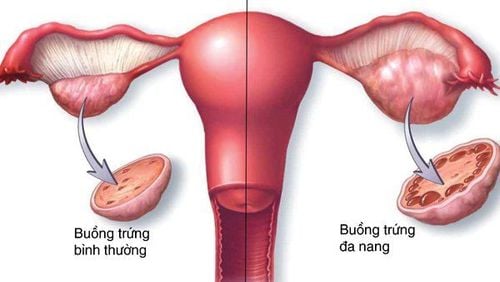
3. Complications of pre-diabetes
The most serious consequence of prediabetes is progression to type 2 diabetes and from there to complications of type 2 diabetes such as:High blood pressure High cholesterol Heart disease: Myocardial infarction Acute Stroke Renal disease: Renal failure Blindness Limb amputation Peripheral vascular disease.

4. Pre-diabetes treatment
It is very necessary and important if we have good control of blood sugar to help reduce the rate of becoming type 2 diabetesDiet adjustment: Follow a healthy diet with a reasonable balance of nutrition (enough 4 groups of carbohydrates, proteins, lipids and vitamins (micronutrients) and weight loss. Even losing just 5% to 10% of your weight can make a huge difference in your risk of developing type 2 diabetes.
Exercise: You can choose your favorite sports. and reasonable as walking, swimming, cycling, football. Try to exercise at least 30 minutes a day, 5 days a week. You can start off with a light workout with a short duration and increase the lead over time.
Quit smoking.
Good blood pressure control.
Good control of blood fat.
When the adjustment of diet and exercise is not possible, we will treat with medicine. The preferred drug with the best results is Metformin. Initial dose of 500 mg, then titrated based on daily blood glucose testing.

Currently there is no official diet for absolute prediabetes but the following foods can contribute to reducing the rate of prediabetes becoming true type 2 diabetes such as:
Choose whole grains and whole grain products over processed carbs like white bread, potatoes, and breakfast cereals.
Drink unsweetened coffee, water and tea in place of sugary drinks. Choose good fats like those in vegetable oils and nuts and limit the fats in margarine, baked goods, and fried foods. Limit your intake of red and processed meat and eat more nuts, whole grains, poultry, and fish. At Vinmec International General Hospital, we always deploy a screening package for diabetes and dyslipidemia to help detect pre-diabetes early, accurately classify diabetes type, develop a nutritional regimen, according to the guidelines. Monitor to reduce the risk and complications caused by diabetes.
Please dial HOTLINE for more information or register for an appointment HERE. Download MyVinmec app to make appointments faster and to manage your bookings easily.





